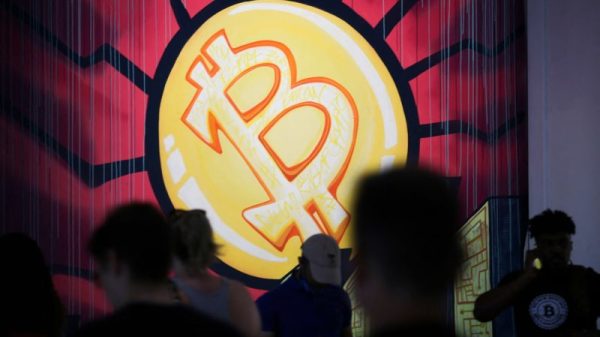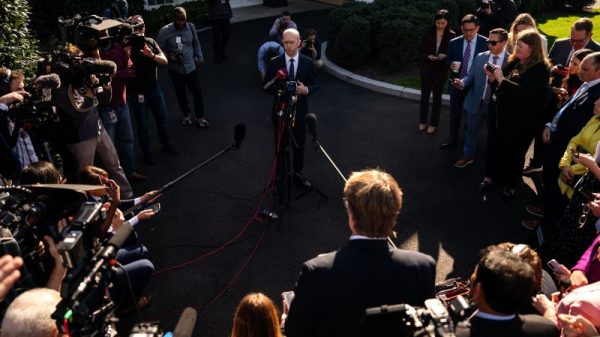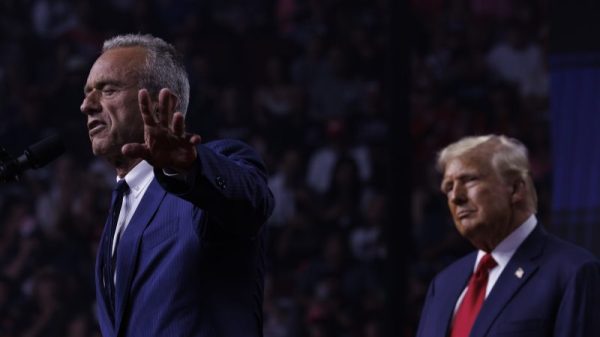Amp’s 223.67% Leap: Analyzing the Sudden Spike
The cryptocurrency community has recently been set abuzz by the phenomenal rise of Amp (AMP). Just in the last day, the token’s price skyrocketed to $0.0167, marking an incredible 223.67% increase. Meanwhile, the past week saw a similarly impressive 218.38% climb. This surge represents a dramatic shift in investor sentiment and market dynamics for Amp. The reasons behind such a meteoric rise can be multifaceted, potentially including increased adoption, speculative trading, or significant platform updates. Understanding these factors is crucial as they set the stage for future movements and the broader implications for the cryptocurrency ecosystem.
$735M in 24H: Decoding AMP’s Financial Surge
The financial statistics of AMP present a fascinating story of growth and potential. A trading volume that has ballooned to over $735 million in just 24 hours signifies a massive influx of interest and capital. It also underscores the market’s heightened activity and liquidity. Meanwhile, a market capitalisation nearing $1 billion positions AMP among the notable players in the crypto space, hinting at its growing influence and adoption. Additionally, its circulating supply is significantly high, and the token boasts a locked total value. Thus, AMP’s metrics provide a solid foundation for its burgeoning ecosystem. These numbers are not just indicators of current status but also harbingers of potential future movements.
AMP Dominates: 218.2% Week Growth vs. Peers
When placed against its peers and the broader cryptocurrency market, AMP’s performance is nothing short of extraordinary. It’s 210.8% and 218.2% increases in the last 24 hours and seven days, respectively, tower over the advancements made by other Ethereum ecosystem cryptocurrencies and the global market. Such stark differentiation highlights AMP’s unique position and the specific catalysts propelling its growth. This comparison accentuates AMP’s current success and raises questions about its sustainability and the factors contributing to its standout performance.
Bitcoin Hits $72K: Tracing Market Ripple Effects
Bitcoin’s recent price surge past $72,000 has sent ripples across the entire cryptocurrency market, contributing to a general atmosphere of optimism and bullish sentiment. The introduction of spot Bitcoin ETFs in the US has significantly supported this climb, marked by consistent daily gains and an overall 70% increase this year. The new investment avenue has attracted substantial capital, signalling increased institutional interest and acceptance. Additionally, the looming Bitcoin halving event adds another layer of anticipation, potentially affecting supply dynamics and investor strategies. The interplay between Bitcoin’s movements and broader market trends underscores the interconnectedness of the crypto ecosystem.
Market Uncertainty: Forecasting Crypto’s Next Moves
Despite the bullish momentum, there are looming concerns casting shadows over the market. The predicted short-term liquidity crisis, spurred by external economic factors like the end of the Federal Reserve’s funding program, introduces an element of uncertainty. Furthermore, the anticipation surrounding Bitcoin’s price behaviour leading up to the halving event contributes to market volatility and speculation. These factors collectively create a complex environment where investors must navigate through uncertainty, balancing optimism from current trends with caution warranted by potential market disruptions.
Beyond AMP’s Rise: Market Trends & Future Insights
The surge in AMP’s price signifies more than just numerical increases. Indeed, it reflects broader trends and shifts within the cryptocurrency market. As investors and enthusiasts focus on AMP’s performance, understanding the underlying factors is crucial. Moreover, it’s essential to grasp the broader market dynamics at play. Technological advancements, investor sentiment, regulatory changes, and macroeconomic factors create a complex future landscape. Therefore, navigating this landscape demands careful analysis of market trends. Additionally, a deep understanding of blockchain technology is necessary. A strategic approach to investment and adoption is also crucial.
Furthermore, AMP’s remarkable rise mirrors the larger cryptocurrency ecosystem’s volatility, potential, and challenges. Moving forward, monitoring these developments closely becomes key. It is vital to understand the underlying drivers. Anticipating the broader implications for the cryptocurrency market and its participants is also essential.
The post Amp’s 223.67% Leap: Analyzing the Sudden Spike appeared first on FinanceBrokerage.






























